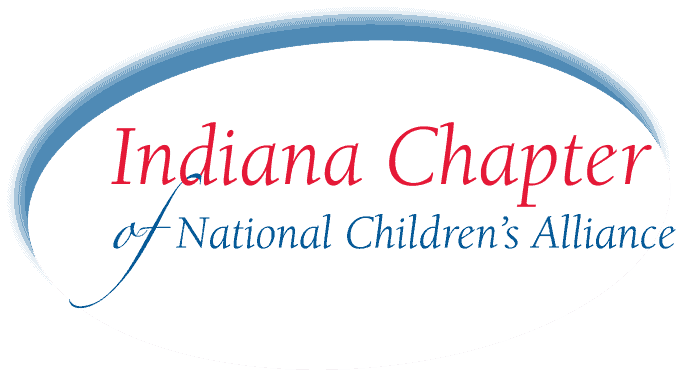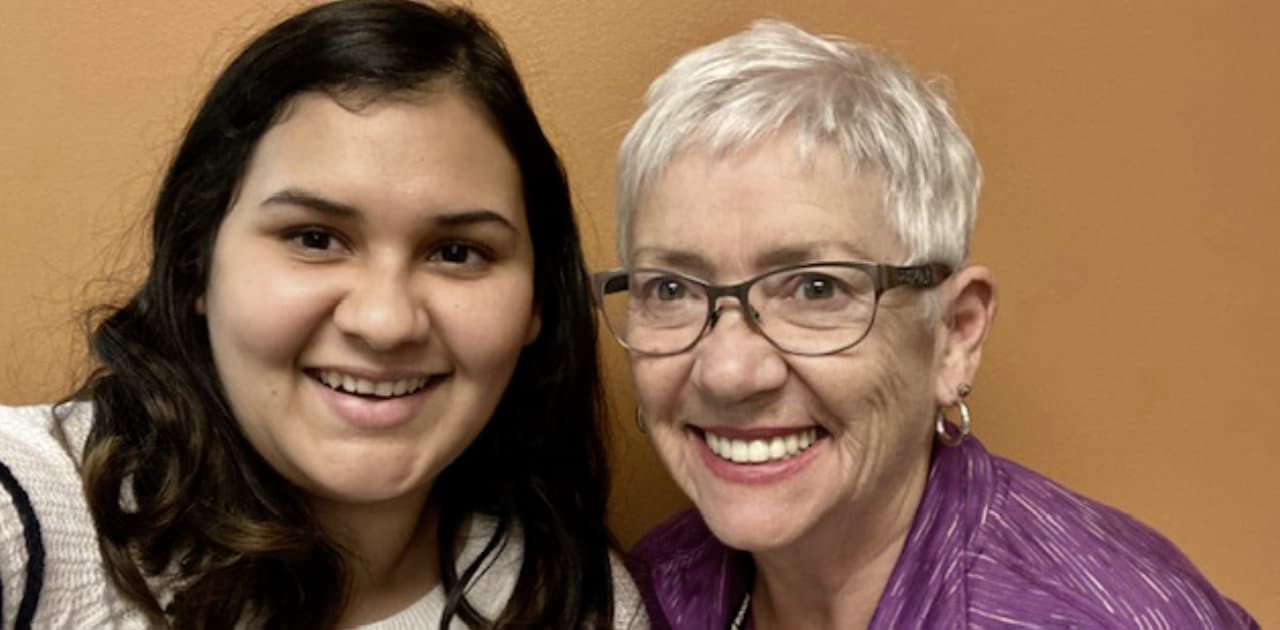Law enforcement, medical personnel, courts, caseworkers, and CAC’s must meet the needs of any child who comes to them for help.
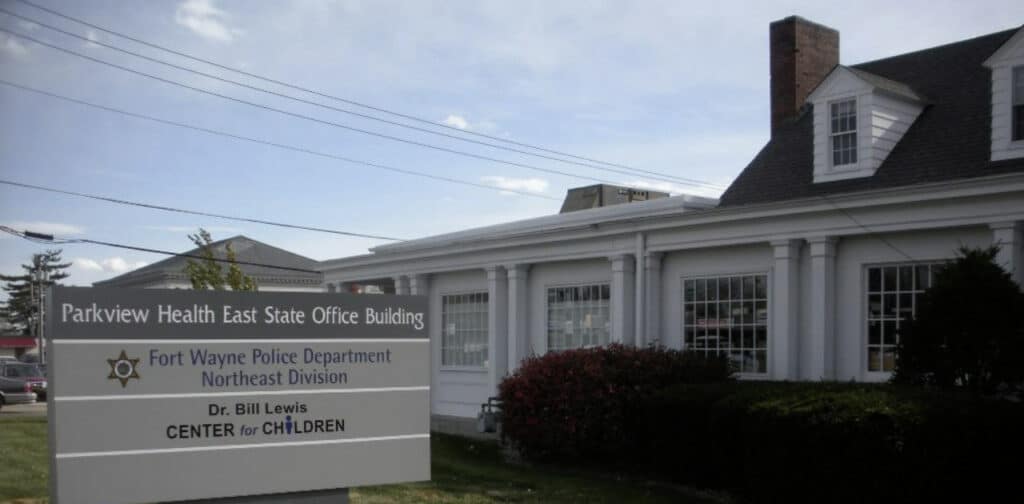
Patricia Smallwood has been conducting forensic interviews of children in and around Fort Wayne for almost forty years. Smallwood is currently a forensic interviewer with the Dr. Bill Lewis Center for Children, and her prior work as Director of Victim Assistance has included conducting child interviews for the Fort Wayne Police Department and other agencies. Over the last four decades, Smallwood has worked with people from all over the world who call the Fort Wayne metro home.
As part of core standards by the National Children’s Alliance, the CAC is tested on how well a child advocacy center can help a child who speaks a different language from the interviewers or holds cultural beliefs that might be unfamiliar to some CAC staff.
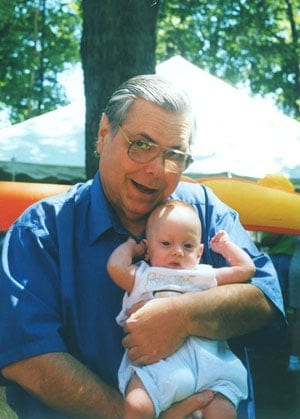
Smallwood, for her part, has seen the CAC may impact a child’s ability to disclose abuse. “If the child speaks Spanish at home and has learned certain body terms in Spanish or uses slang,” says Smallwood, “Then an English-speaking interpreter may not catch the nuances. We just may not understand the word choices the child is making as they try to tell us what has happened,” she says.
One reason for Fort Wayne’s demographics stems from Catholic Charities, which has helped settle thousands of Burmese refugees in the United States and has made Fort Wayne home to one of America’s largest settlements. Catholic Charities has also helped locate many African, Arabic, Somali, and Haitian families in the area. The result is about 9.6% of Allen County families are now of non-white and non-black descent. And these populations help strengthen vital employment needs and operate new businesses.
Smallwood recalls a decision was made several years ago to use Spanish-speaking interviewers whenever possible during forensic interviews with Latino children. However, interviewers were fluent in the language but were not of Hispanic descent. This choice got the team closer to a complete understanding of the words but didn’t always reach the child’s or family’s needs.
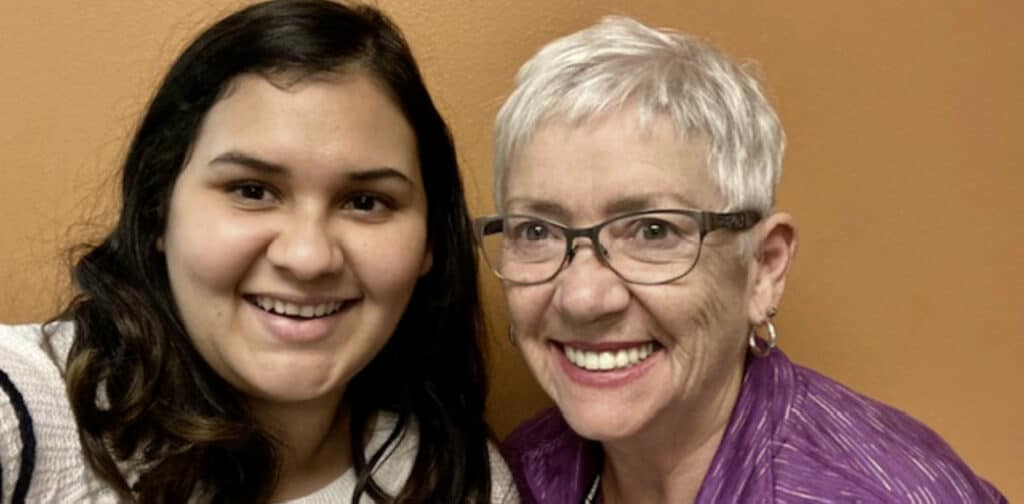
Then in 2016, the team hired Beatriz Camacho as a case coordinator for the CAC. Camacho conducts interviews for the CAC in English and Spanish—and as a Hispanic woman whose family is Mexican, she brings an understanding of the importance of culture and word choice in a forensic interview. As a simple English example, imagine words like “cool”, which can have dramatically different meanings depending on context. Camacho’s expertise and understanding allow her to inform other multidisciplinary team members involved of problems or concerns the family is experiencing, such as fears over immigration status.
In most circumstances, it is the family that needs more language help. “The children involved in cases at the Allen County CAC are in area schools speaking English every day,” says Smallwood.
“The families, however, may not speak English and may only speak Spanish at home. In either case, using Spanish as the primary language helps everyone.”
Patricia Smallwood
Smallwood notes kids who speak a different language at home may need to quote dialogue to an interviewer in that language, or, they may begin in English but “fall back” to using their native language when under intense stress or anxiety when recalling the abuse.
Even for languages unspoken by anyone on the team, “We always have an interpreter available,” says Smallwood. “The Dr. Bill Lewis Center has worked to source and train interpreters to defer to the forensic interviewer’s questioning, not to lead a child to a conclusion or direct their answers, and work with the interviewer to explain background information in a way that supports justice,” she says. “They also have to be able to understand what they’re going to hear and manage their response to that information. Another issue is that a lot of the interpreters here, especially in the Burmese community, are known to the families. There are a lot of considerations to be covered.”
While language issues may be an obvious problem for everyone to recognize, cultural issues present another challenge. “Different cultures have different attitudes toward discussing sexual matters or things that have to do with ‘sex’ or abuse,” says Smallwood. “We have seen many cases with Asian, Burmese, and Muslim children where children have deeply held cultural beliefs. They may fear dishonoring the family or be unable to speak against an alleged perpetrator who is a revered family member.”
Sometimes these cultural matters conflict with state and national laws. Smallwood recalls, “There have been several cases in our Burmese population where kids are having traditional Burmese wedding ceremonies, and their cases are hard to proceed with because, even at the age of thirteen, the family doesn’t see this as a bad thing and they don’t cooperate.” Indiana law allows minors age sixteen to seventeen to get married with approval from a juvenile court judge, but to someone no more than four years older. Marriage counseling and a fifteen-day waiting period are also required.
For some American Indian children, cultural misunderstandings risk incorrect interpretations of body language. As Smallwood notes, “Some American Indian children don’t look people in the face. We might consider that rude or avoiding something if we don’t know that. Without cultural considerations informing the interview, you’re not going to know what’s really happening.”
When professionals in any industry seek complete competency in their work, it comes from seeking understanding and excellence. In a CAC, court, police department, or other agency, a failure to relate or provide for the child’s best needs is a failure that can lead to mishandled cases, or worse, letting justice go unserved.
